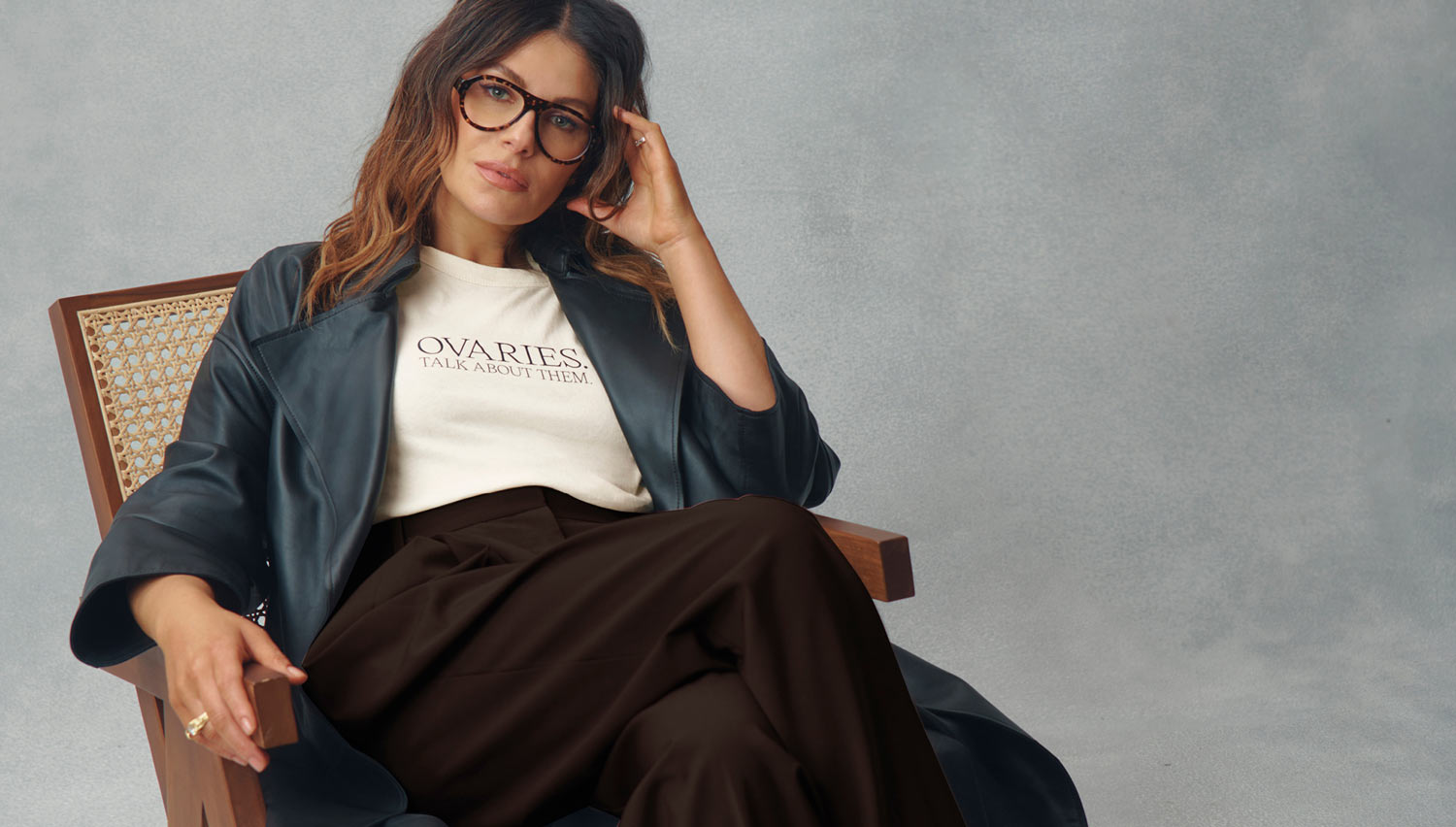
CAMILLA FREEMAN-TOPPER OPEN LETTER
“Ovarian Cancer is the deadliest female cancer–yet still, there is no test. My mother passed away 28 years ago and statistics have barely changed, largely due to lack of funding and awareness. Through this bold campaign, we are driving a new conversation for ovarian cancer so that women can feel confident to talk about their bodies, and rightly claim what they deserve as a basic healthcare right.”
Ovaries. Talk About Them. 2022 is a poignant campaign focused on the message that women deserve better.
The capsule collection will be available online and at all CAMILLA AND MARC boutiques nationwide from May 2, 2022 for a limited time while stocks last. 100% of all sales will be donated directly to the cause."
"Ovarian cancer is an insidious disease. It is the deadliest female cancer, and it’s incredibly personal as it attacks a very sacred part of a woman’s body. It kills our mothers, sisters, best friends, aunties, grandmothers and our daughters. Close to 300,000 women are diagnosed worldwide each year, with 75% diagnosed when it is often too late to treat effectively. Since there is currently no early detection test, these statistics have hardly changed since my mother’s death 28 years ago. The disease is almost impossible to diagnose, as women experience symptoms, such as bloating, a change in bowel habits and pain, on a monthly or even daily basis."
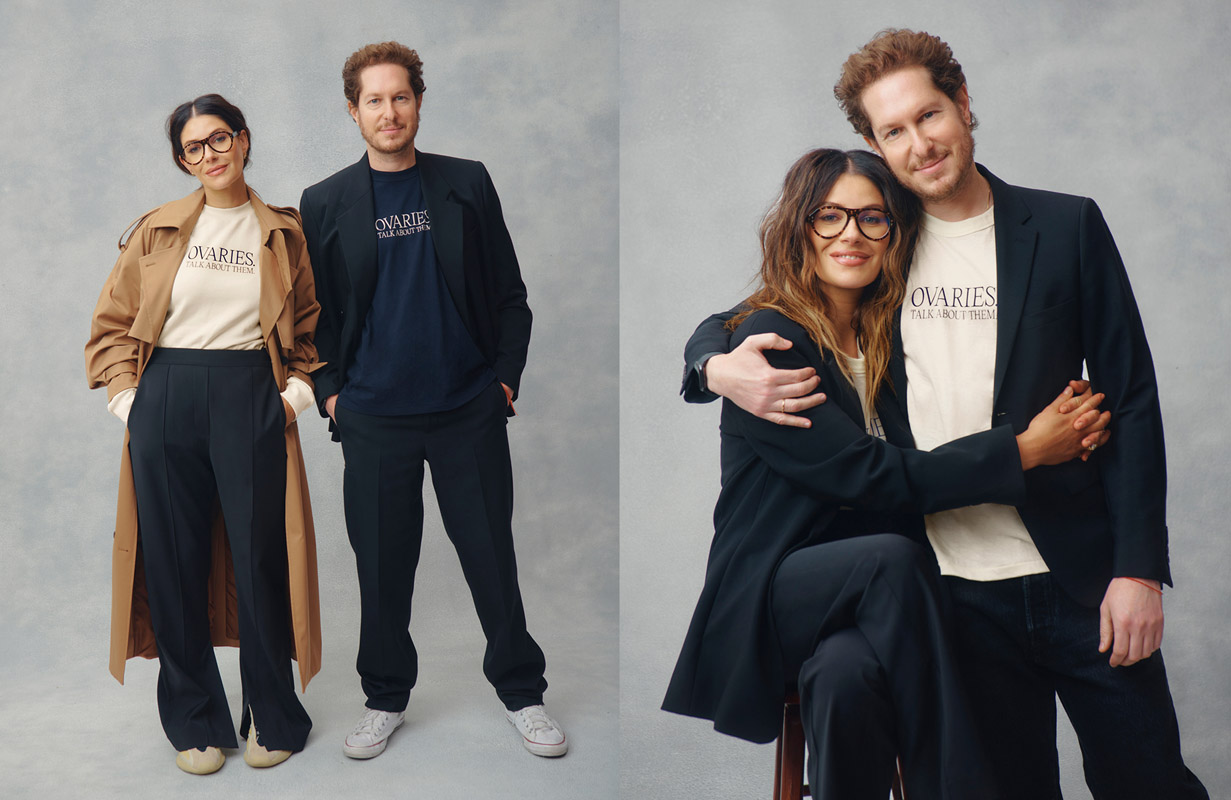
"There is also a stigma attached to the word ovaries that prohibits people from talking about ovarian cancer: a shame that descends upon the women suffering, like a part of their womanhood is failing them. A woman’s anatomy is off limits, reduced to whispers in the shadows and closed door conversations. This hesitancy to speak about female bodies literally kills women, because public awareness inevitably affects national health service funding. Decades ago, the same issue existed around breast cancer and survival rates were close to those suffering from ovarian cancer now."
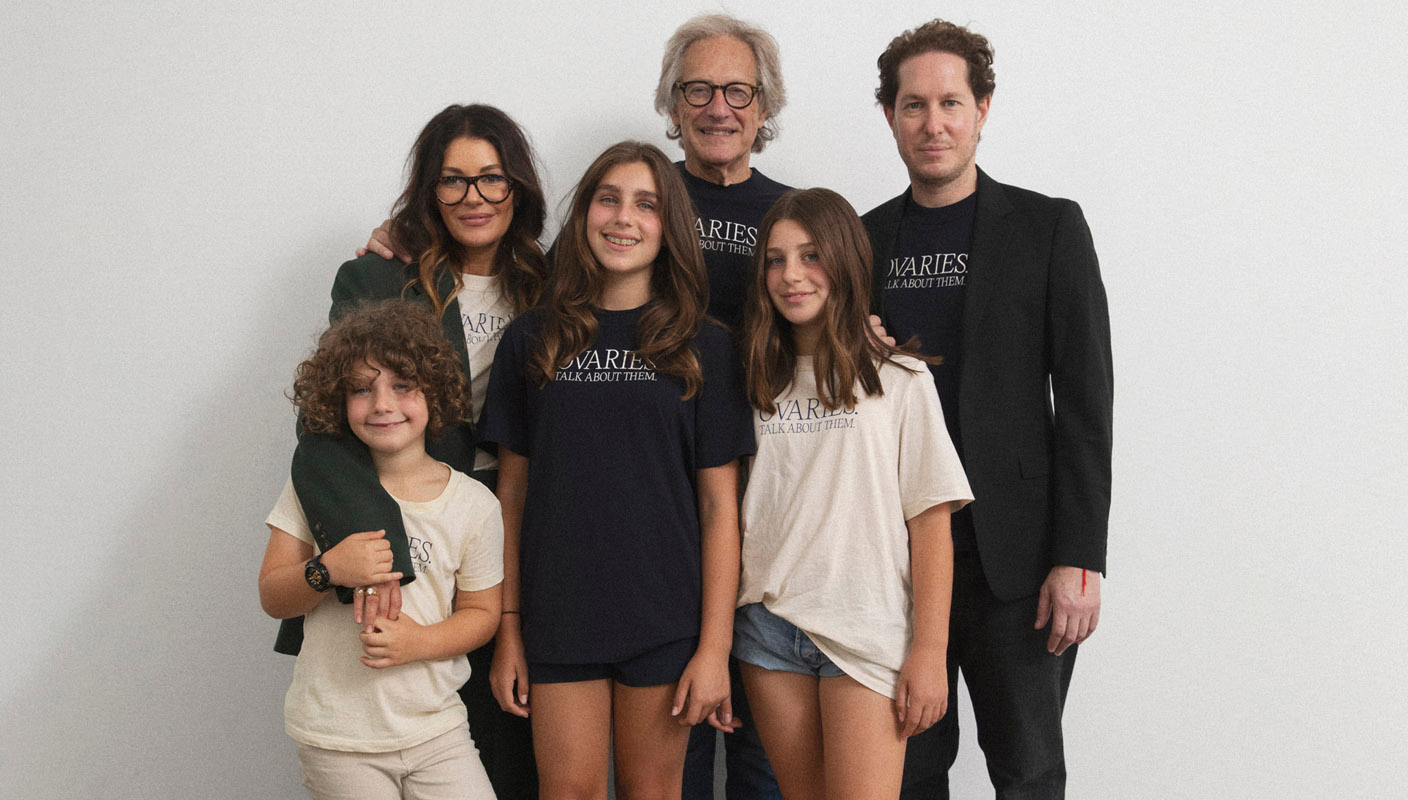
"I was 11 and my brother Marc was 13 when she passed away. It was unbearable; my greatest love, my closest confidant, my lifeline was taken from me. It all felt so wrong, so deeply unfair and so heart achingly personal. I remember the gut-wrenching moment of realisation that we would never share life’s milestones together. She wouldn’t be there when I married, she would never hold my children, and she wouldn’t be there for just one more cup of tea in the garden.
The deepest depths of sadness and anger gnawed away at me for years afterwards. The disease had betrayed my mother and my family and it angered me that there was so little anyone knew about it. Her death changed me in ways I’m only just starting to comprehend. I now have a renewed purpose: To stand up and fight for a cause I believe will save the lives of millions of women. It’s what my mum would have done if the roles were reversed."
"The disease had betrayed my mother and my family and it angered me that there was so little anyone knew about it. Her death changed me in ways I’m only just starting to comprehend."
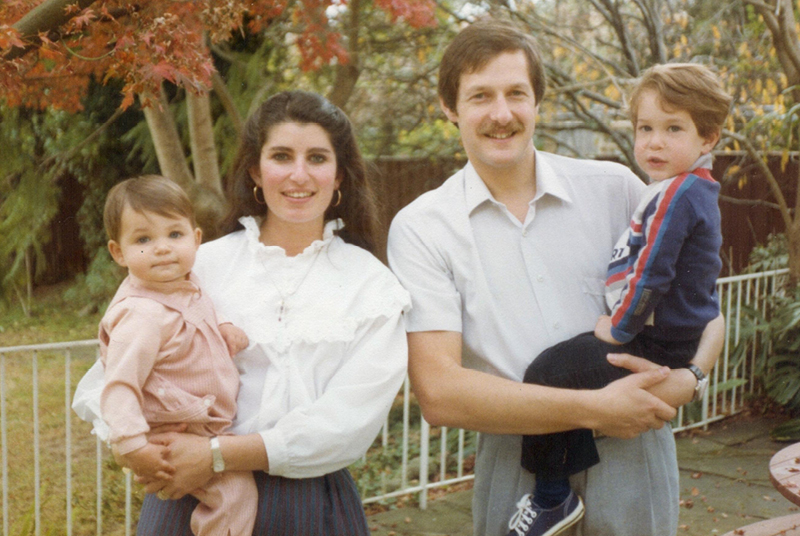
"The disease had betrayed my mother and my family and it angered me that there was so little anyone knew about it. Her death changed me in ways I’m only just starting to comprehend."
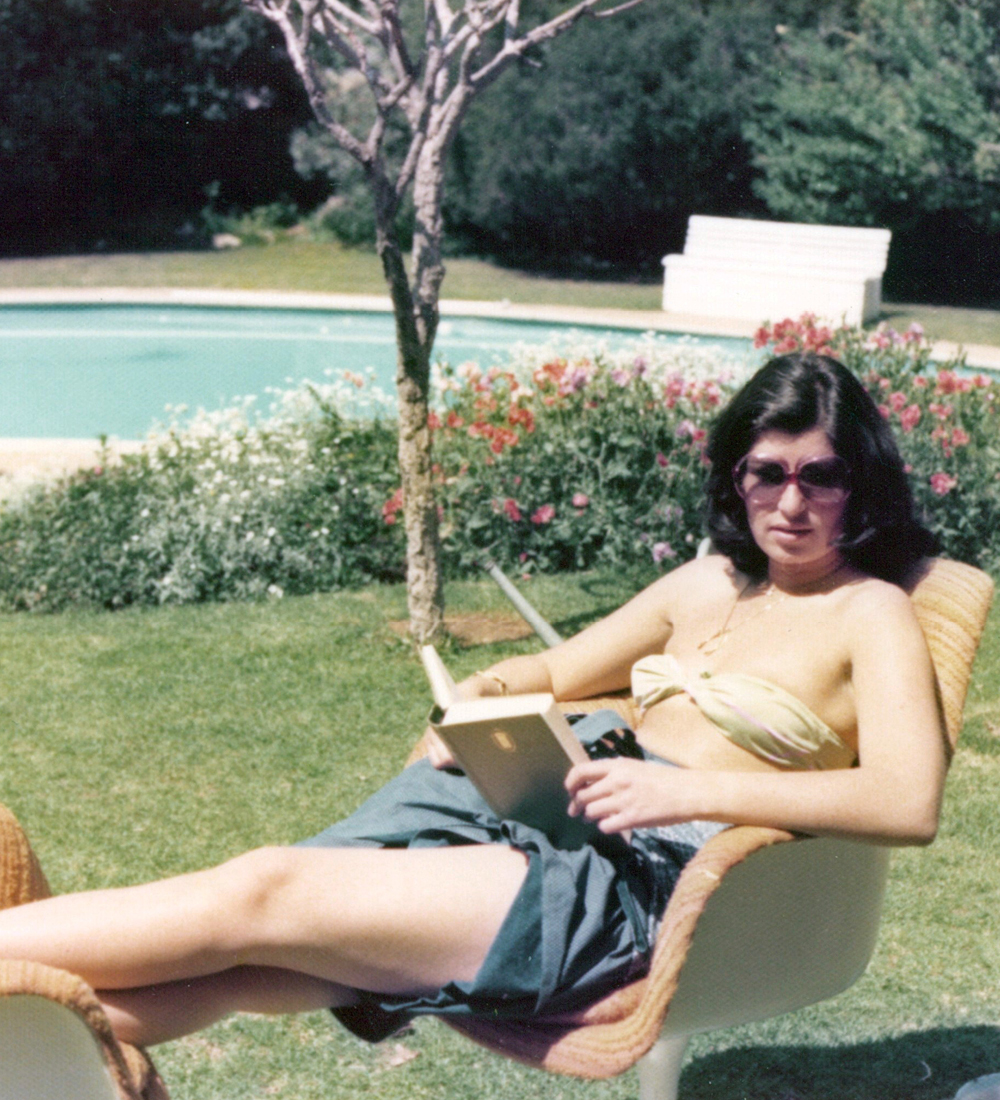
"I now have a renewed purpose: To stand up and fight for a cause I believe will save the lives of millions of women. It’s what my mum would have done if the roles were reversed. "
"In 2020, my brother and I launched our first campaign “Ovaries. Talk About Them”, designed to break down the stigma associated with ovarian cancer and raise much-needed funds to develop an early detection test. During the launch, we received hundreds of private messages of solidarity and shared experiences. It became clear that we had to use our platform to amplify the voices of women and families directly affected by the disease. Since only a small percentage of women survive, there are very few advocates.
Three years after first launching this campaign, we have raised a remarkable $544K, all of which has been donated directly to Associate Professor Caroline Ford at Ovarian Cancer Research UNSW to fast track the development of an early detection test. This funding has enabled the UNSW Ovarian Cancer Research Group to employ two key female scientists to focus solely on this work. Ford’s vision is to develop a simple blood test that will be available to women at their GP, so we can all be tested at our regular smear test appointments. We hope to get this early detection test to clinical trials in the next four years."
"I became a designer because I wanted to make my mother proud and I loved the idea of helping women feel beautiful. The idea that we can create something that goes beyond that and could actually change women’s lives is incredibly powerful. If I can help save just one life, if I can help a young girl avoid the loss of her mother, it will all be worth it."